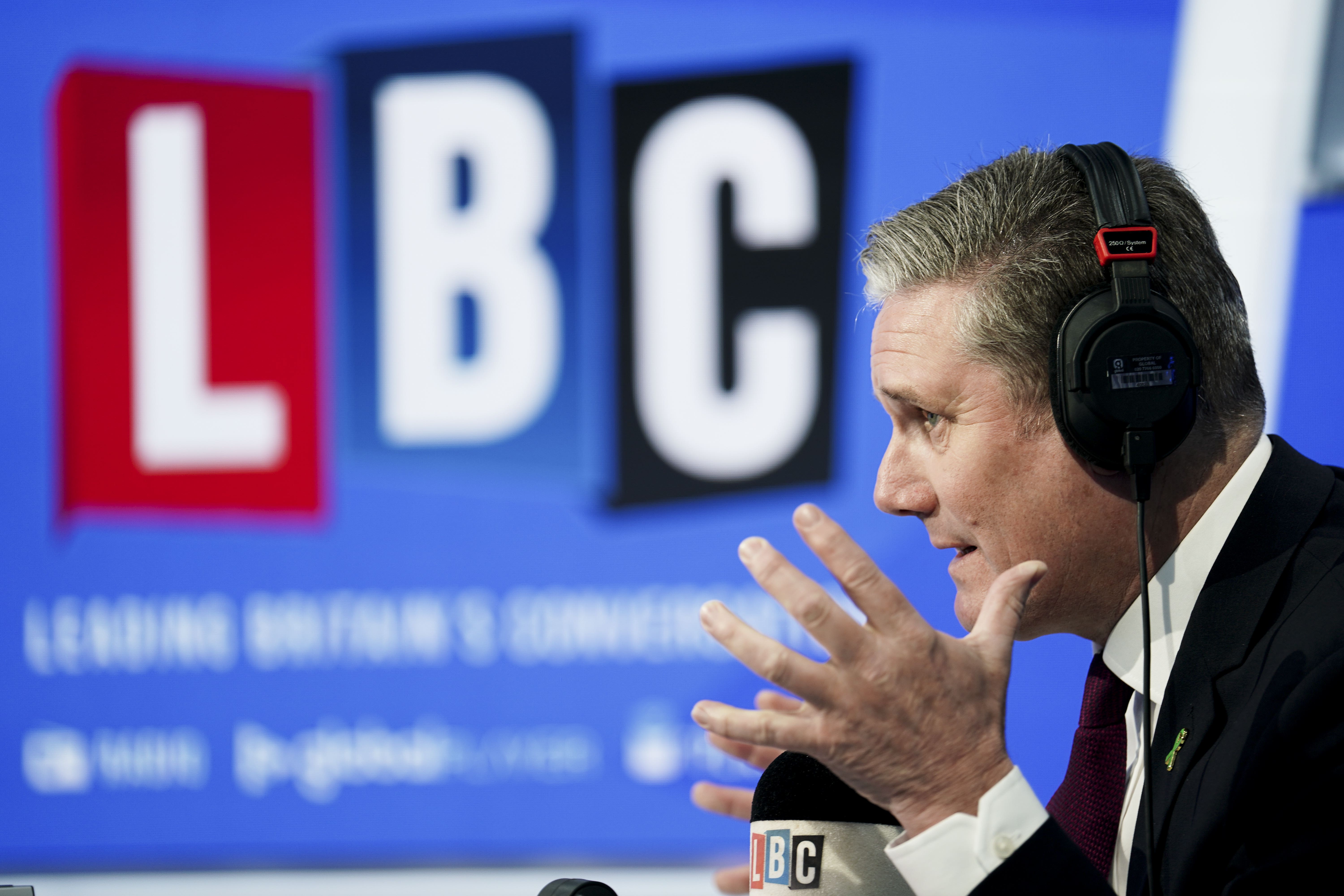Voter ID is ‘gerrymandering’ which backfired on Tories, says Rees-Mogg
Elderly Tory voters didn’t have ID for local elections, says ex-cabinet minister

The Conservative government’s introduction of voter ID was an attempt at “gerrymandering” that backfired against the party, senior Tory Jacob Rees-Mogg has said.
The former cabinet minister said the policy – which saw voters required to have photo ID when voting at England’s local elections – had made it harder for elderly Tories to vote and “upset a system that worked perfectly well”.
Speaking at the National Conservatism conference on Monday, Mr Rees-Mogg said: “Parties that try and gerrymander end up finding their clever scheme comes back to bite them – as dare I say we found by insisting on voter ID for elections.”
“We found the people who didn’t have ID were elderly and they by and large voted Conservative, so we made it hard for our own voters and we upset a system that worked perfectly well,” he added.
His comments came after it emerged that Labour is considering plans to allow EU citizens to vote in general elections – but appeared to claim that the voter ID policy was intended to give the Tories an electoral advantage.
This has been a consistent criticism of the policy from Labour and other groups, including trade unions and civil rights groups.
Rishi Sunak’s government has consistently denied that bringing in voter ID was an attempt at “gerrymandering”, but rather is intended to prevent voter fraud and ensure confidence in the UK’s elections.
Following the elections on 4 May, the Electoral Commission acknowledged that some people had been unable to vote due to a lack of ID – but it remains unclear how many were turned away and whether they were predominantly older or younger voters.
The Electoral Commission has said it will publish an initial analysis on the impact of voter ID in June ahead of a full report in September.

Sir Keir Starmer has suggested it is “common sense” to allow EU nationals who have worked for years in the UK to vote in a general election, as Labour considers extending the franchise.
The Labour leader told LBC on Monday that it “feels wrong” that people who have contributed to Britain’s economy and raised their children in the country are not allowed to cast a ballot.
Labour is open to both lowering the voting age to 16 and extending rights to settled migrants, but has stressed these are currently “ideas” being “looked at” rather than policy.
Meanwhile, Mr Rees-Mogg, whose speech was interrupted by an anti-fascist protester, criticised Mr Sunak’s decision to scale back post-Brexit plans to scrap EU laws.
He told the conference run by a right-wing US think tank that the repeal so far has been “pathetically under-ambitious”.
He said it was “very unfortunate” that the prime minister had broken his promise to scrap all the laws, adding: “The surrender to the blob risks exposing the government to ridicule.”
Conservative MP Miriam Cates told the same conference that “cultural Marxism” is “destroying our children’s souls”, adding: “We must end the indoctrination of our children with destructive and narcissistic ideologies.”
The right-wing MP claimed schools and universities were “openly teaching that our country is racist, our heroes are villains, humanity is killing the Earth”, adding: “Is it any wonder that mental health conditions, self-harm and suicide, and epidemic levels of anxiety and confusion characterise the emerging generation?”
She began the conference with a call for families to be encouraged to have more children. Ms Cates said falling birth rates were “the one overarching threat to British conservatism and indeed the whole of Western society”.
Asked about the former cabinet minister’s remarks, Downing Street said the voter ID policy was actually about dealing with fraud at polling stations.
“We’ve talked at length about the rationale for the introduction of voter ID and the importance of guarding against the possibility of election fraud,” the prime minister’s spokesperson said.




Join our commenting forum
Join thought-provoking conversations, follow other Independent readers and see their replies
Comments